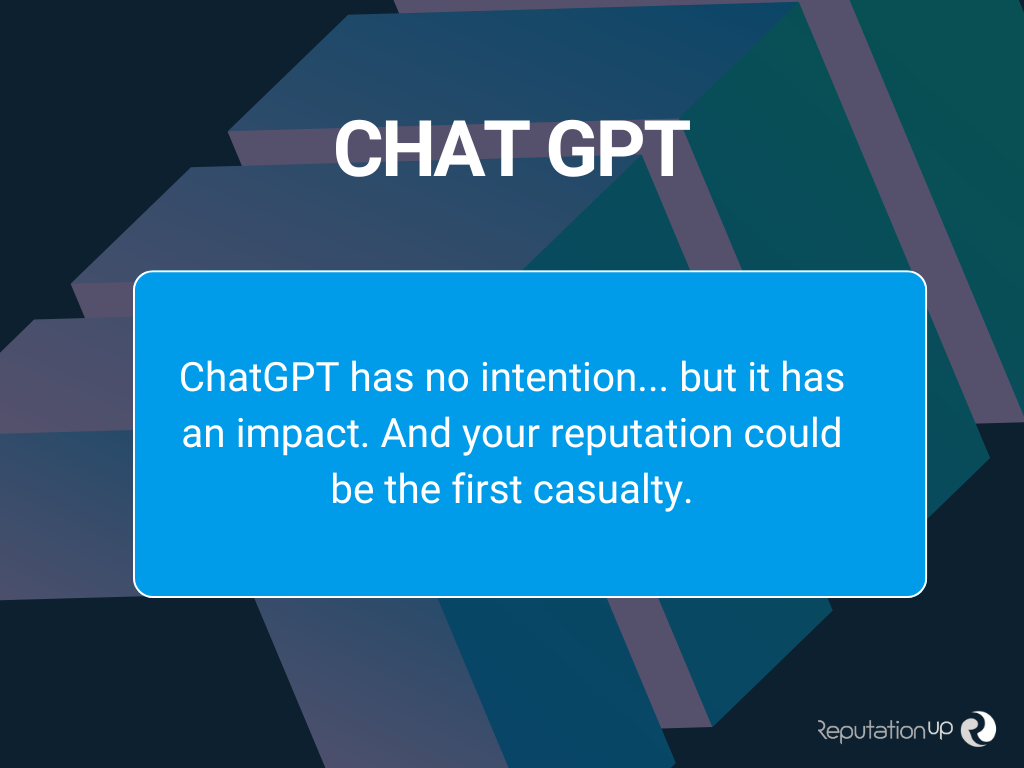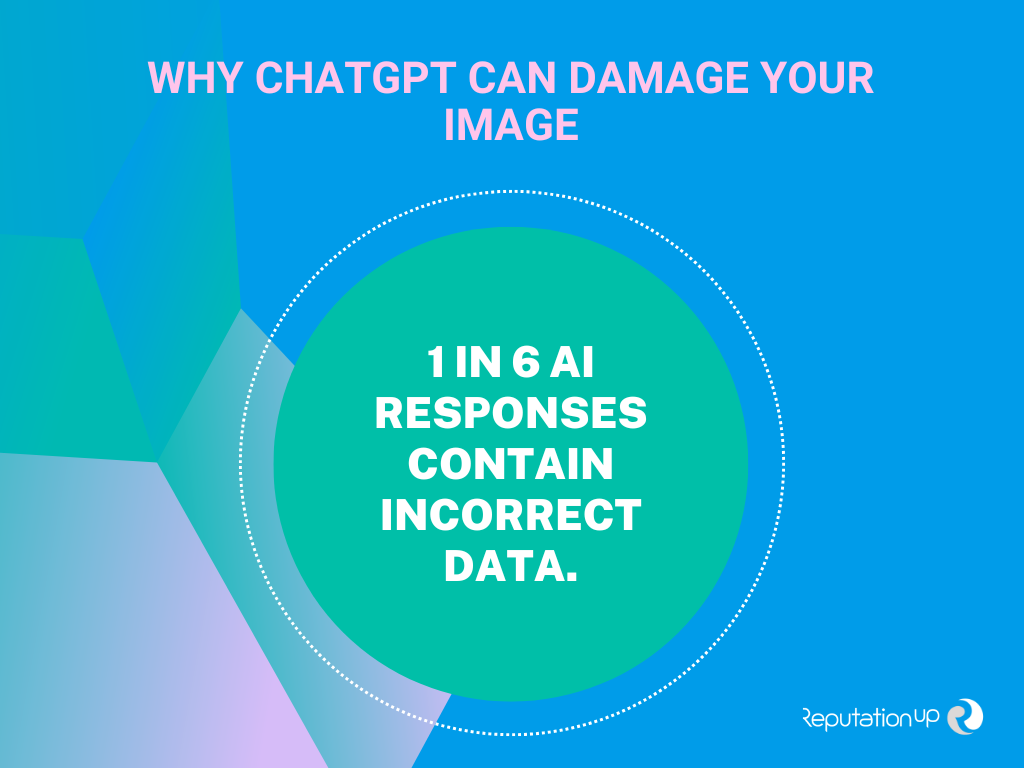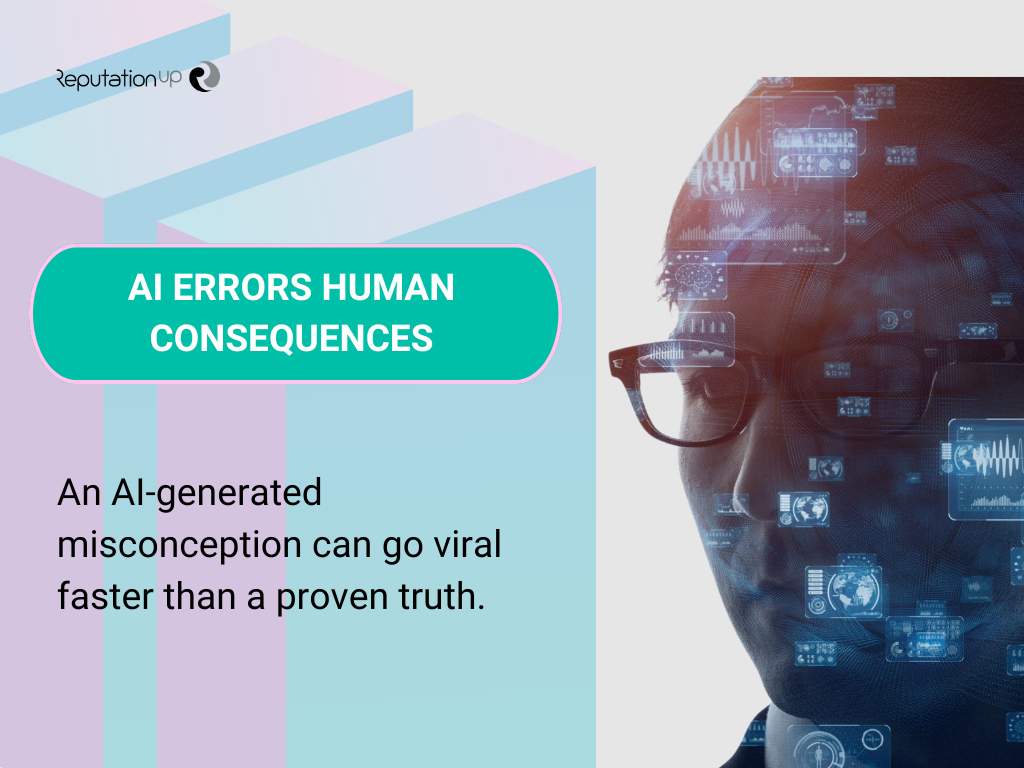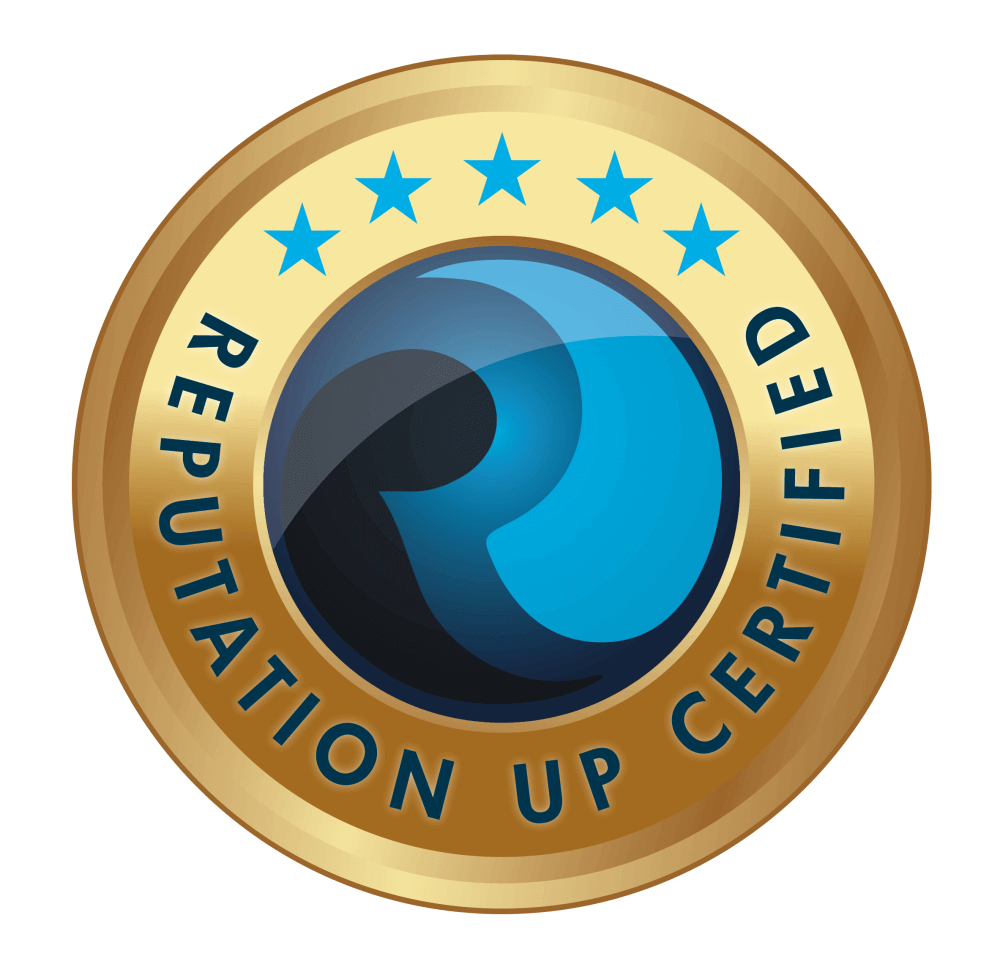In the digital age, artificial intelligence has revolutionized the way we access information. ChatGPT, one of the most popular language models, is used every day by millions of people to resolve questions, research topics, or ask questions about real people.
The problem? ChatGPT can also make serious mistakes , generating false, outdated, or defamatory content about you or your company. And while the AI doesn’t have malicious intent, its mistakes can ruin your reputation in seconds .
In this article you will learn how this phenomenon works and how to clean up your reputation on ChatGPT through highly effective legal, technological, and communication strategies.

Why ChatGPT can damage your image
ChatGPT was trained on huge volumes of text from articles, forums, social media, and other public content until September 2021 (and in some cases, with subsequent extensions). This means that:
- May replicate rumors, old data, or erroneous news
- Does not distinguish between reliable sources and unverified sites
- May mix identities with similar names
- May present statements with a tone of certainty, even if they are false
According to MIT Technology Review , 17% of ChatGPT responses contain errors. 8% could affect the reputation of the person mentioned.

Types of negative responses that affect your reputation
Indirect defamation
Phrases like “X was linked to a legal case” can be examples of unintentional online defamation.
Outdated information
Closed cases, false reports, or deleted posts that ChatGPT continues to replicate as if they were current.
Identity confusion
One of the most common mistakes: confusing people with similar names and attributing unrelated actions to them.
“Harm doesn’t always come from intention, but from data. An AI can repeat a mistake a thousand times without knowing it’s wrong,” warns Andrea Baggio , CEO of ReputationUP.
Real-life cases: AI errors, human consequences
In 2024, a Spanish businessman was mentioned on ChatGPT as being involved in a tax fraud case. The problem? The AI had confused him with another individual with a similar name. The damage was immediate: he lost ongoing contracts and had to publicly clarify the confusion.
Another case occurred in Colombia, where a journalist was described by the AI as a former public official implicated in corruption. In reality, she never held that position nor faced any charges. ChatGPT relied on indexed articles with erroneous tags.

How to clear your reputation on ChatGPT (step by step)
1. Audit what AI says about you
It’s not enough to ask once. The audit must simulate different scenarios and prompts. At ReputationUP, we use proprietary technology brand protection and AI to detect harmful patterns.
“Most people don’t know what ChatGPT says about them… until it’s too late,” says Juan Ricardo Palacio , crisis management expert at ReputationUP.
2. Delete or deindex the source content
Many ChatGPT errors come from news indexed on Google. Therefore, deleting or deindexing information from Google is essential to prevent AI from continuing to use it as a reference.
According to data from ReputationUP, 78% of managed cases managed to reduce negative mentions in AI in less than 45 days after cleaning the sources .
3. Post positive and up-to-date content
AI replicates what it finds. Create professional content optimized with best practices SEO and SEM are one of the most effective strategies for repositioning your image.
Tip: Make sure your metadata, titles, and SEO structures are well-designed. AI reads them!
4. Request a review from OpenAI
OpenAI allows you to submit reports to request modification of harmful or erroneous responses. While it doesn’t always guarantee a correction, a well-founded request can trigger a model review or content filter.
5. Activate legal support if necessary
If AI content affects your right to honor and privacy, in many countries you can take legal action. ReputationUP collaborates with lawyers specializing in digital law.
ReputationUP collaborates with specialized digital law firms to initiate these actions when appropriate.
Who should be concerned about this issue?
- Executives and entrepreneurs with digital visibility
- Public officials and political candidates
- Independent professionals, doctors, lawyers
- Victims of smear campaigns or cyberbullying
- Common users with names similar to public figures
“Digital reputation is no longer just about what is said on Google. Now, what an AI answers matters too ,” concludes Andrea Baggio .
What does ReputationUP do for you?
ReputationUP is a leader in reputational protection against digital and AI threats. We offer:
- Reputation audit in artificial intelligence environments
- Removing Harmful Content and Crisis Management
- Positive SEO positioning campaigns
- Legal advice regarding OpenAI and other platforms
- Customized strategies for businesses, governments, and individuals
Conclusion
ChatGPT is a powerful tool, but it’s also imperfect. It can amplify errors, revive fake news, and damage your image with unverified responses.
Cleaning up your reputation on ChatGPT isn’t just possible: it’s urgent . With the right strategy, you can regain control of your digital identity and protect your name from automated errors.
What does ChatGPT say about you? Find out before everyone else. Contact ReputationUP.
Frequently Asked Questions (FAQ)
Yes. Although unintentional, it can mix up data, replicate errors, or confuse identities.
Not directly. But you can remove the sources that generated that information and request reviews from OpenAI.
You can take legal action, and ReputationUP can help you document the case and file the necessary reports.
Request a professional audit to understand what responses exist and how they’re affecting your image.
In most cases managed by ReputationUP, positive effects begin to be noticed within 30 to 45 days.

